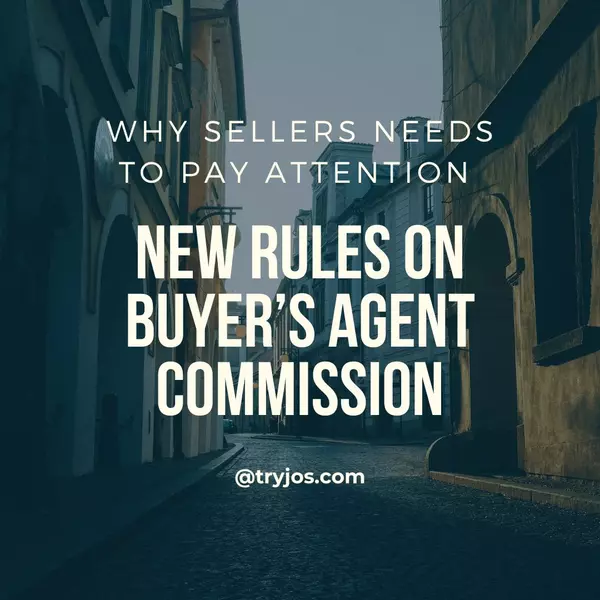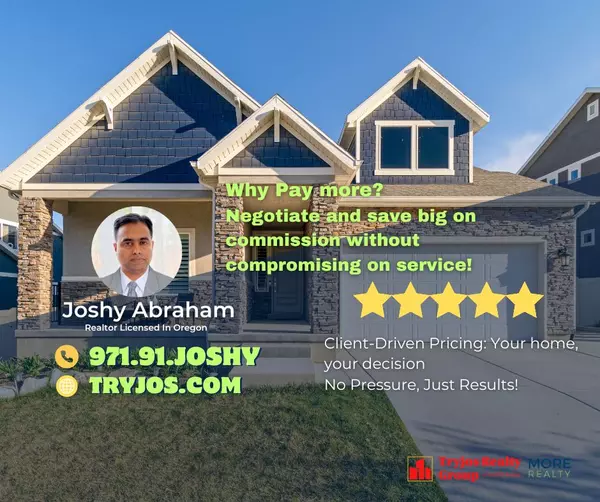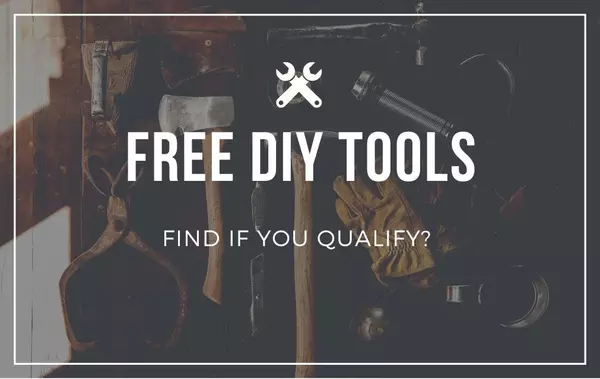Navigating Mortgage Options: A Guide for Homebuyers
Buying a home is one of the most significant financial decisions you'll make, and understanding your mortgage options is crucial. As a dedicated real estate agent , I'm here to help you navigate the complexities of the mortgage market, ensuring you find the best financing option for your needs. Let's explore the different types of mortgages available to homebuyers.
1. Fixed-Rate Mortgages
Overview: Fixed-rate mortgages are the most common type of home loan. They offer a consistent interest rate and monthly payment over the life of the loan, typically 15, 20, or 30 years.
Pros:
- Predictability: Your monthly payments remain the same throughout the loan term, making budgeting easier.
- Stability: You're protected from interest rate fluctuations.
Cons:
- Higher Initial Rates: Fixed-rate mortgages generally start with higher interest rates compared to adjustable-rate mortgages (ARMs).
- Less Flexibility: If interest rates drop significantly, you'll need to refinance to take advantage of lower rates.
2. Adjustable-Rate Mortgages (ARMs)
Overview: ARMs have an interest rate that changes periodically based on market conditions. They often start with a lower rate than fixed-rate mortgages for an initial period (usually 3, 5, 7, or 10 years) before adjusting.
Pros:
- Lower Initial Rates: ARMs typically offer lower rates at the beginning of the loan term, which can result in lower initial monthly payments.
- Potential Savings: If interest rates stay the same or decrease, you could save money over the life of the loan.
Cons:
- Uncertainty: Your monthly payments can increase after the initial fixed period, which may make budgeting more challenging.
- Risk: If interest rates rise significantly, your payments could become unaffordable.
3. FHA Loans
Overview: FHA loans are backed by the Federal Housing Administration and are designed to help first-time homebuyers or those with lower credit scores and smaller down payments.
Pros:
- Lower Down Payment: You can put down as little as 3.5%.
- Easier Qualification: FHA loans have more lenient credit score and income requirements.
Cons:
- Mortgage Insurance: You'll need to pay both an upfront and annual mortgage insurance premium, which can increase your overall loan cost.
- Loan Limits: There are limits on the amount you can borrow, which may not be enough for higher-priced homes in Portland.
4. VA Loans
Overview: VA loans are available to veterans, active-duty service members, and eligible surviving spouses. These loans are backed by the Department of Veterans Affairs and offer excellent terms.
Pros:
- No Down Payment: Qualified borrowers can purchase a home with no down payment.
- No Mortgage Insurance: VA loans don't require private mortgage insurance (PMI), saving you money.
- Competitive Interest Rates: VA loans often have lower interest rates compared to conventional loans.
Cons:
- Eligibility Requirements: You must meet specific service requirements to qualify.
- Funding Fee: There is a one-time funding fee, which can be rolled into the loan but still adds to the overall cost.
5. USDA Loans
Overview: USDA loans are backed by the U.S. Department of Agriculture and are designed for homebuyers in eligible rural and suburban areas.
Pros:
- No Down Payment: Qualified borrowers can purchase a home with no down payment.
- Lower Interest Rates: USDA loans often offer competitive interest rates.
- Flexible Credit Requirements: These loans have more lenient credit score requirements.
Cons:
- Geographic Restrictions: USDA loans are only available in eligible rural and suburban areas, which may limit your home options.
- Income Limits: There are income restrictions, so not all buyers will qualify.
6. Jumbo Loans
Overview: Jumbo loans are used to finance properties that exceed the conforming loan limits set by the Federal Housing Finance Agency (FHFA). In high-cost areas like Portland, these limits are higher.
Pros:
- Higher Loan Amounts: Jumbo loans allow you to borrow more to purchase a luxury or high-priced home.
- Competitive Rates: Despite being larger loans, jumbo mortgages often offer competitive interest rates.
Cons:
- Stricter Requirements: You'll need a higher credit score, a larger down payment, and more income documentation.
- Higher Down Payment: Jumbo loans typically require a down payment of at least 10-20%.
How to Choose the Right Mortgage
Choosing the right mortgage depends on your financial situation, future plans, and risk tolerance. Here are some steps to help you make an informed decision:
- Assess Your Finances: Determine your budget, down payment amount, and credit score.
- Consider Your Future Plans: Think about how long you plan to stay in the home and your long-term financial goals.
- Consult with a Mortgage Professional: Work with a trusted lender or mortgage broker to explore your options and get pre-approved.
- Compare Loan Offers: Look at interest rates, loan terms, and fees from multiple lenders to find the best deal.
I’m here to help you navigate the home buying process from start to finish. I can connect you with reputable lenders, provide valuable insights into the local market, and guide you in choosing the right mortgage for your needs.
Ready to find your dream home ? Contact us today to start your journey!
Disclaimer : The information provided in this blog is for general informational purposes only and should not be considered professional advice. Don't make any decisions based on this blog and always consult a qualified professional. Joshy Abraham and the associated real estate agency are not responsible for any actions taken based on the information provided in this blog
Categories
Recent Posts










GET MORE INFORMATION

